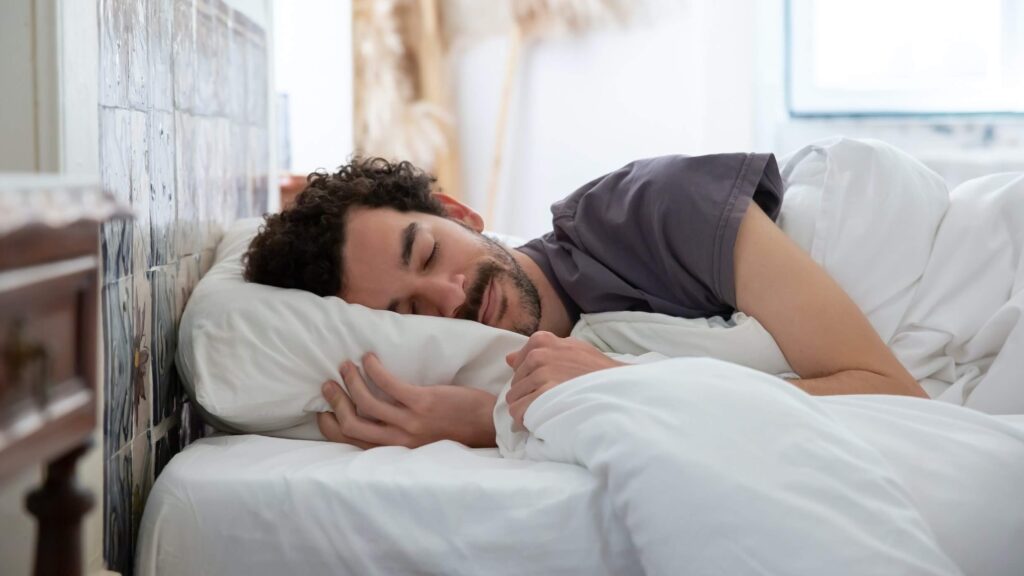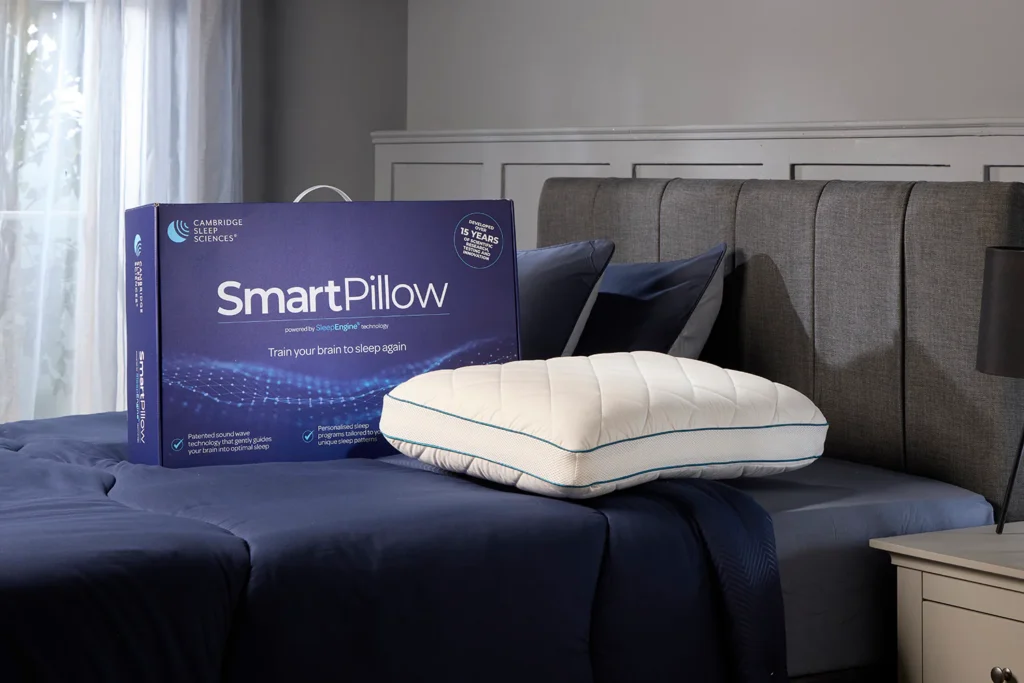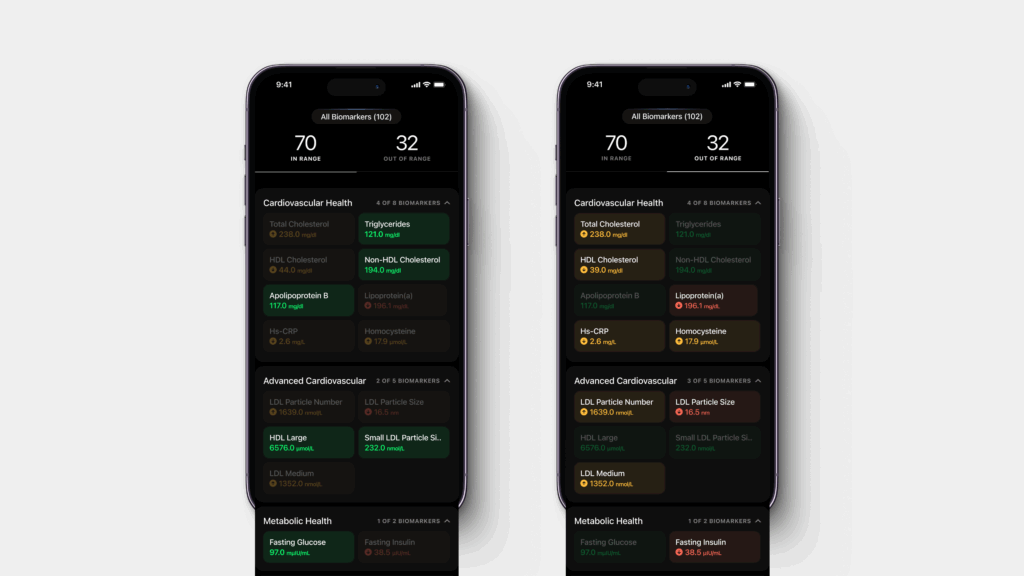Imagine a longevity technique, proven by NASA to supercharge your body, immune system, and cognitive performance – and available to everyone. No, it’s not creatine or cold plunge – it’s a simple 30-minute nap.
This week, we deep dive into one of the most underrated power-ups in human performance: the nap.
Because here’s the truth: if you’re skipping naps, you’re leaving a major chunk of your performance, recovery, and resilience potential untapped.
This newsletter will change your perspective on naps forever.
Highlights
- The staggering effect of naps on cardiovascular health, the immune system, and longevity.
- How a 60-minute nap can give you a comparable cognitive boost to an entire night’s sleep.
- The dramatic focus power-up from a simple 28-minute nap.
- How to unlock nap benefits without ruining your sleep.
The hidden power of naps

Naps also help counteract the effects of sleep debt by lowering stress hormones like cortisol, improving immune response, and restoring reaction time and focus. And a little goes a long way.
Research shows that even short naps – as little as 10 to 20 minutes – can enhance alertness, improve mood, and sharpen cognitive function by allowing the brain to reset.
Longer naps of 60 to 90 minutes, which include both light and deep sleep stages (including REM), support memory consolidation, emotional regulation, and even physical recovery.
Memory & cognitive performance

Napping doesn’t just make you feel sharper – it physically enhances memory consolidation and learning. It’s also a performance enhancer, with NASA studies on pilots and astronauts revealing naps offer sizeable benefits for performance and alertness.
A NASA study tested long-haul pilots with a scheduled 40-minute nap. On average, pilots only slept for 26 minutes, yet showed 54% improved alertness on a Psychomotor Vigilance Task (PVT) test and 34% better reaction times.
In a separate University of Lübeck study (PMID: 16931152), participants were asked to study a set of cards and remember the information on them. The cohort that napped for 40 minutes afterwards retained 85% of the information compared to 60% in the group who stayed awake.
Longer naps that involved both slow wave sleep (SWS) and REM cycle (60–90 mins) were found to improve performance on a perceptual test equivalent to a full 8-hour sleep.
Cardiovascular health
Napping may act as a protective factor against heart disease, and studies have shown huge improvements in health outcomes associated with naps.
In a large study of 23,681 Greek adults (Archives of Internal Medicine, 2007), regular napping was associated with a 37% lower risk of death from heart disease, particularly in working men (PMID: 17296887).
That was backed up by a 2019 study, published in Heart, which found that people who took 1–2 naps per week had a 48% lower risk of cardiovascular events (PMID: 31501230).
While the reason for such huge gains wasn’t clear, researchers hypothesized that naps lowered stress via reduced pressure on the lower sympathetic nervous system and mitigated the negative effects of sleep debt.
Immune support and anti-aging
Sleep deprivation and long-term sleep debt increase levels of stress hormones like cortisol, which weakens immune function. Naps flush our systems of inflammatory markers, pointing to significant health benefits.
A study in the Journal of Clinical Endocrinology & Metabolism found that a 30-minute nap helped normalize levels of inflammatory markers norepinephrine and interleukin-6 after poor sleep (PMID: 25537790).
There’s evidence it can put the brakes on aging, too. During sleep, there is an increase in blood flow to the epidermis, which is the outer layer of our skin, which in turn, reduces wrinkles and age spots, repairs UV damage, and strengthens our collagen.
Stamina & physical performance
It’s not just your brain that benefits – naps boost physical output too.
In a Journal of Sports Sciences study, athletes who took a 30-minute nap between sprint sessions showed significant improvement in both speed and alertness.
In a group of 10 healthy young men, 2-meter sprint times improved by 3.9%, and 20-meter sprints by 2.3% following the nap.
These results suggest that short naps can be a powerful recovery tool for athletes facing sleep restriction, enhancing both cognitive and physical performance.
How to nap smart
The studies above show that even one or two naps per week, for as little as 30 minutes, can have a positive effect on your cognitive performance and longevity.
Best time to nap
- 1–3 PM is prime nap territory – it aligns with your circadian dip and avoids interference with nighttime sleep.
- Napping before 1 PM may not feel natural, and anything after 3 PM risks delaying your bedtime.
How long to nap for:
- 10–20 minutes: Ideal for a quick boost in alertness and focus with no grogginess.
- 30–40 minutes: Can support physical performance, and should avoid sleep inertia (grogginess).
- 60–90 minutes: Completes a full sleep cycle for the biggest creativity, muscle memory, and problem-solving boost. You might feel groggy afterwards, and longer naps could disrupt your evening sleep, so save long sessions for when you’re truly sleep-deprived.
References
Memory & Cognitive Performance
- NASA Ames Research Center. (1994). Fatigue Countermeasures Group Study on Napping in Long-Haul Pilots. Summary
- Tucker, M. A., et al. (2006). A daytime nap containing only non-REM sleep enhances declarative but not procedural memory. Nature Neuroscience, 9(6), 715–717. Link
Cardiovascular Health
- Naska, A., et al. (2007). Siesta in healthy adults and coronary mortality in the general population. Archives of Internal Medicine, 167(3), 296–301. PubMed
- Häusler, N., et al. (2019). Association of napping with incident cardiovascular events: results from the CoLaus cohort. Heart, 105(23), 1793–1798. Link
Immune Support
- Faraut, B., et al. (2015). Napping reverses the salivary interleukin-6 and norepinephrine increase due to sleep restriction. Journal of Clinical Endocrinology & Metabolism, 100(3), E416–E426. Link
Skin & Aging
- National Sleep Foundation. (n.d.). How Sleep Affects Your Skin. Link
Physical Performance
- Romdhani, M., et al. (2021). Napping opportunity during the daytime affects performance and perceived exertion in physically active men. Journal of Sports Sciences, 39(10), 1120–1127. Link








